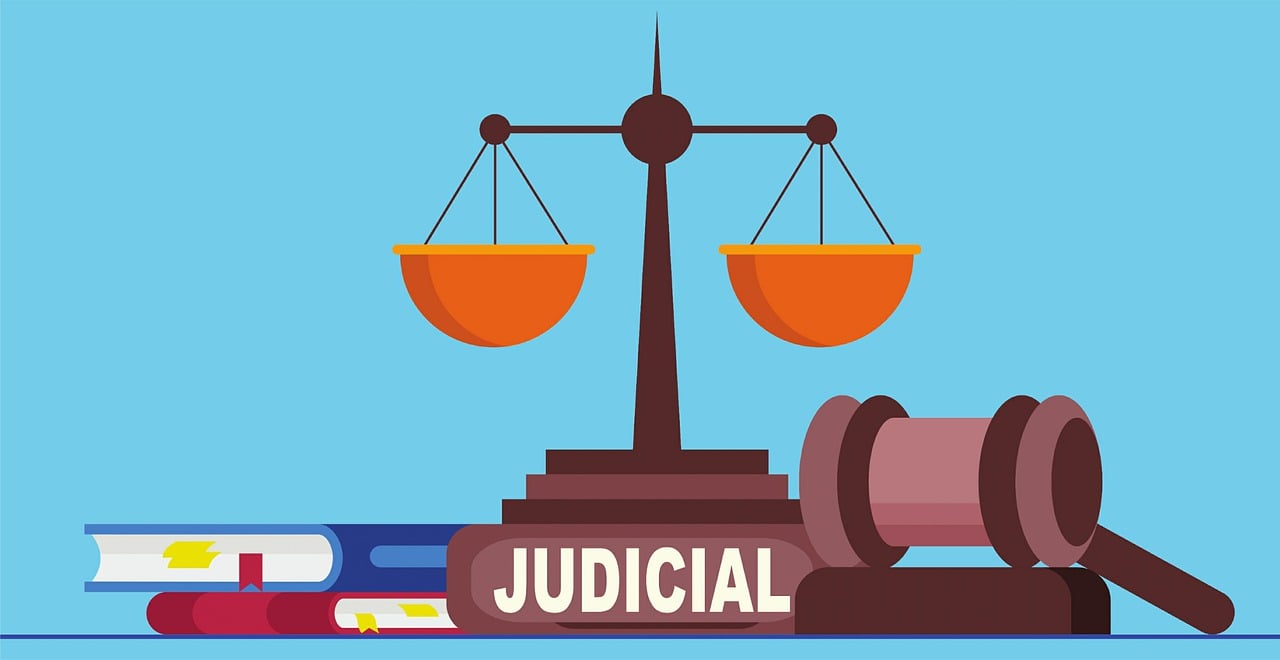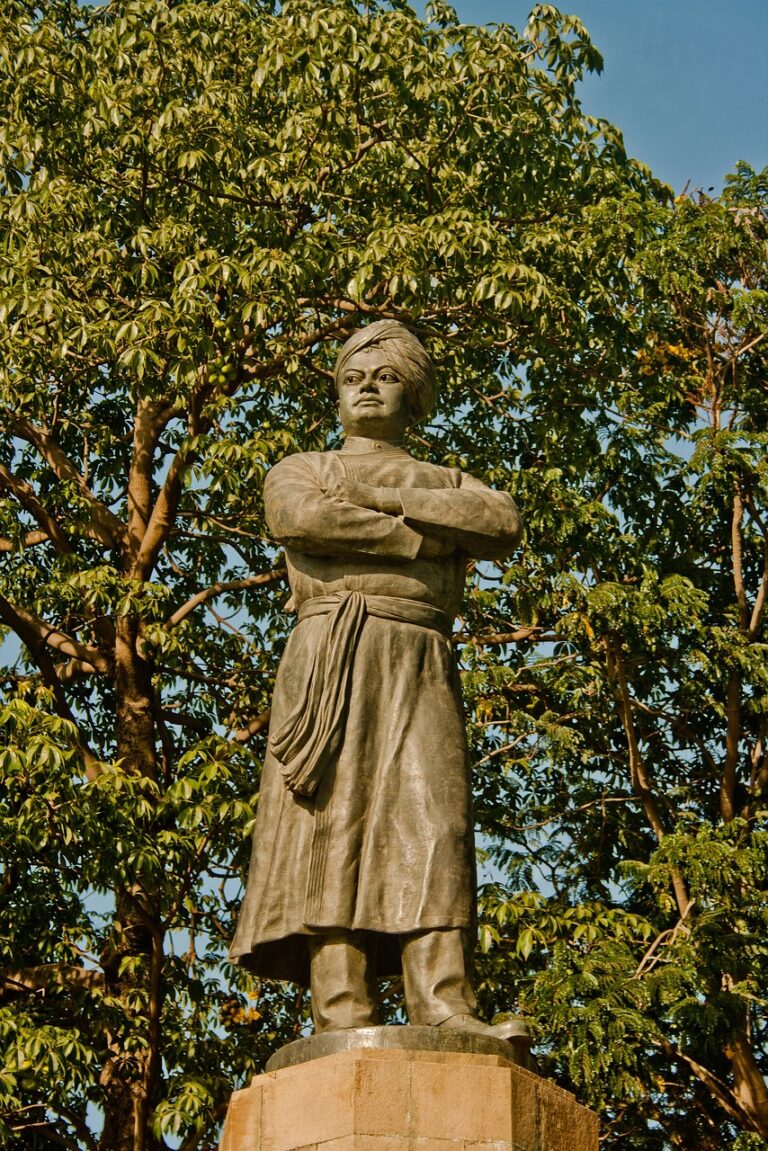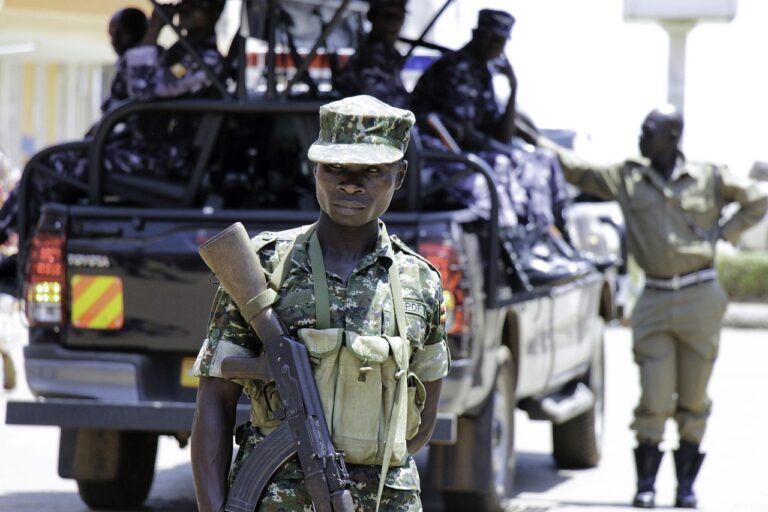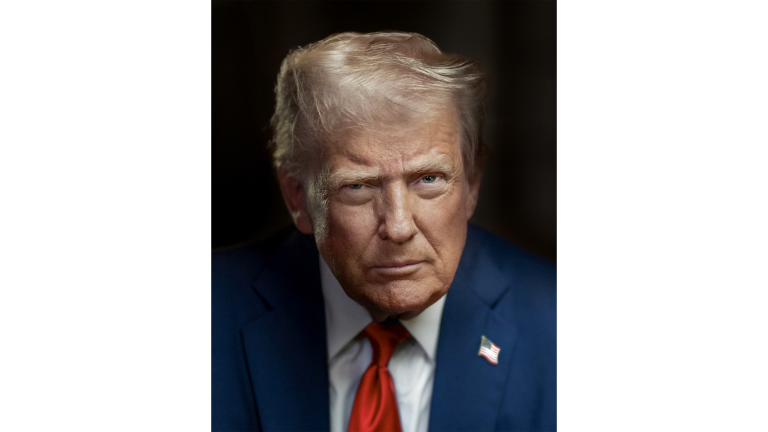
New Delhi: Even as President Droupadi Murmu gave her assent to the new Waqf Amendment Bill 2025 to become an Act on Saturday, April 6, 2025, , a legal battle has now broken out with multiple petitions filed in the Supreme Court, with several political parties and individuals challenging the legislation as unconstitutional.
Within 48 hours of the intense political battle in Parliament during the last week, which culminated with the Waqf (Amendment) Bill 2025 being passed in both Houses, Supreme Court Chief Justice Sanjeev Khanna agreed that petitions would be listed soon for hearing. Senior Advocates Kapil Sibal and Abhishek Singhvi, appearing for their clients, brought to the notice of the Chief Justice about the urgency of the matter, referring to the protests and demonstrations across the country by some Muslim organisations, which, incidentally, have the backing of most opposition parties.
Petitions have been filed by the All India Majlis-e-Ittehadul Muslimeen (AIMIM) Chief Asaduddin Owaisi; the Congress party MP Mohammad Javed; the Aam Aadmi Party legislator Amanatullah Khan, and many others including the Indian Union Muslim League and an NGO – Association for Protection of Civil Rights, alleging that new Act is unconstitutional under article 26 and also violates several other provisions of the Constitution.
Sources say some more political parties as well as political figures are likely to knock Supreme Court’s doors against the Waqf law on various grounds.
The basic contention against the new Act seems to be that tit violates the fundamental rights under articles 14, 15, 21, 25, 26, 29, 30 and 300A of the Constitution. The petitions object primarily to the elimination of the “Waqf by user” provision and the alleged “ouster of Muslims” from Waqf management. It is being argued that the sweeping changes brought under the Unified Waqf Management, Empowerment, Efficiency and Development Act, “curtailed religious and cultural autonomy of Muslims, enabled arbitrary executive interference, and undermined minority rights to manage their religious and charitable institutions”.
Several of these petitions question the introduction of non-Muslim members in Waqf Boards and the Central Waqf Council. Many of them also challenge the transfer of adjudicatory powers from the tribunal to executive authorities like the district collector on the grounds that the curtailment of the tribunal’s powers to stay amounted to a denial of fair procedure.
Pointing out that individual freedom and religious autonomy are guaranteed under the Constitution, many appellants contend that this law was unconstitutional and an unjustified overreach of the legislature, hence should be struck down.
On the other side, the Union Minority Affairs Ministry says, “While Waqf properties serve religious and charitable purposes, their management involves legal, financial and administrative responsibilities that require structural governance. The role of Waqf Boards and the Central Waqf Council is not religious but regulatory, ensuring legal compliance and safeguarding public interest. By introducing checks and balances, empowering stakeholders, and improving governance, the Act sets a progressive and fair framework for Waqf administration in India.”
Further, the government justification of the new Waqf Act is that Waqf Boards had worked non-transparently, which had led to many legal tangles, especially since these Boards could claim almost any property as Waqf land. Religious and other properties belonging to non -Muslims were also at stake. Plus the bill had the support from segments of the catholic community too.
However, it is being suggested that the government should open a dialogue with the organisations protesting the act. It can promise to incorporate any genuine demand that does not impact other communities or allows a Waqf to relapse into mis-governance. Otherwise, it will lead to breakdown of trust between the government and Muslims. There is already a strong perception and widely presumed that the government is battling for Hindu interests.
On the one side, the Apex court would be hearing the various petitions, on the other, the opposition political parties would be indulging in political campaigns for minority votes. With Bihar Assembly polls scheduled later this year in October-November, it is going to be a fight on the streets by political parties demanding justice for minorities. In Bihar, Muslims constitute about 18 per cent of the population and are likely to decide the winners on at least 70 of Bihar’s 243 seats.
Further, Muslim dominated states like Kerala with 26 per cent,Bengal with 27 percent; Assam with 34 percent Muslim population are witnessing polls next year. Tamil Nadu may have just a 5 per cent Muslim population, but it has fourth largest number of Waqf properties and its assembly polls are scheduled in early next year.
*Senior journalist





